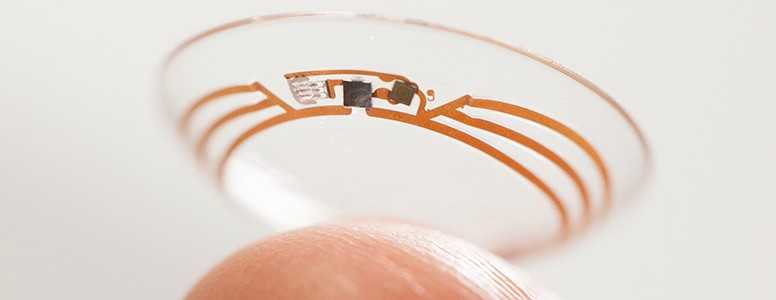Researchers from the University of Exeter Medical School have found that a sharp drop in calories burned as a teenager may be behind today’s skyrocketing obesity and type 2 diabetes rates.
The study findings, published in the International Journal of Diabetes, show that 15-year-olds burn up to 500 fewer calories a day than when they were 10.
This is equivalent to a 25 per cent decrease in energy used at rest by adolescents compared to their younger selves.
Scientists made the surprising discovery after conducting a 12-year study following the health outcomes of 279 school children in Plymouth.
Researchers measured the children’s oxygen consumption over a period of time to calculate their calorie expenditure, as burning calories uses a fixed amount of oxygen.
The study’s lead investigator, Professor Terry Wilki, and his colleagues expected to see the energy teenagers burn at rest rise with the growth spurt, but it fell sharply instead.
This fall in resting energy expenditure of around a quarter observed at puberty amounts to cutting out an hour of strenuous exercise every day.
However, the researchers noticed a boost in the metabolic rate of participants by the time they turn 16, where calorie expenditure begins to climb again.
It has been suggested that these results could be attributed to the fact that teenagers, especially girls, exercise less during puberty.
Several studies have shown that how we expend energy changes what and how we eat, which in some cases add to the weight gain as all calories are not created equally.
Teenagers consuming three times the recommendation for sugar, while using even fewer calories than we previously thought, contributes to a dangerous rise in adolescent obesity.
For Dr Alison Tedstone, chief nutritionist at Public Health England, these findings highlight the need for teenagers to sustain a moderate amount of activity throughout puberty while reducing their intake of processed food to stay at a healthy weight.
What's new on the forum? ⭐️
Get our free newsletters
Stay up to date with the latest news, research and breakthroughs.






